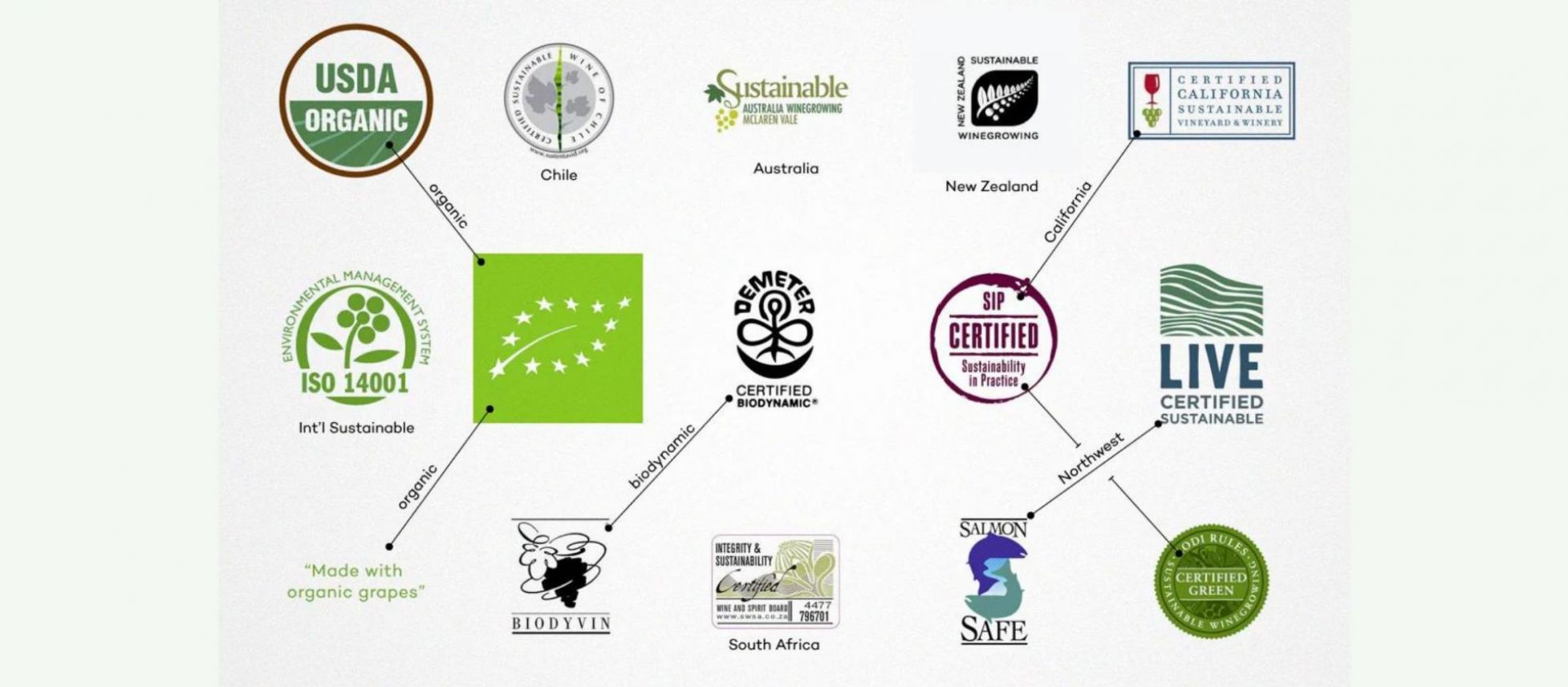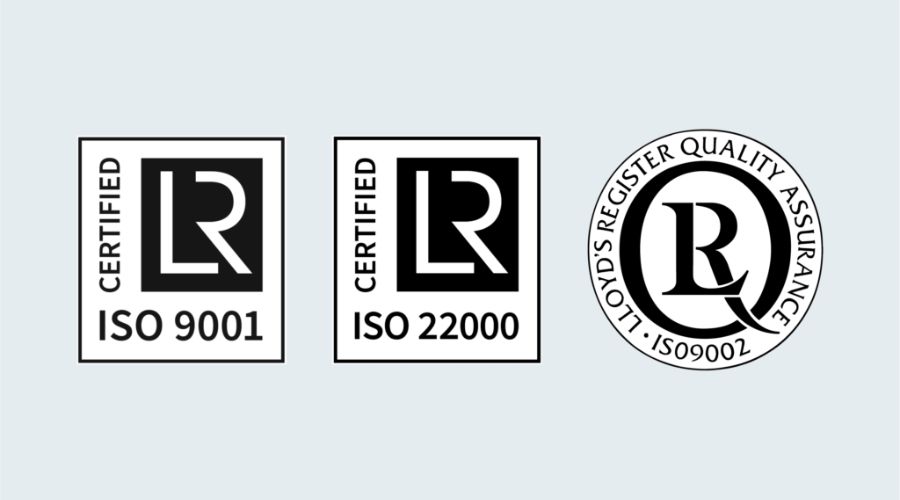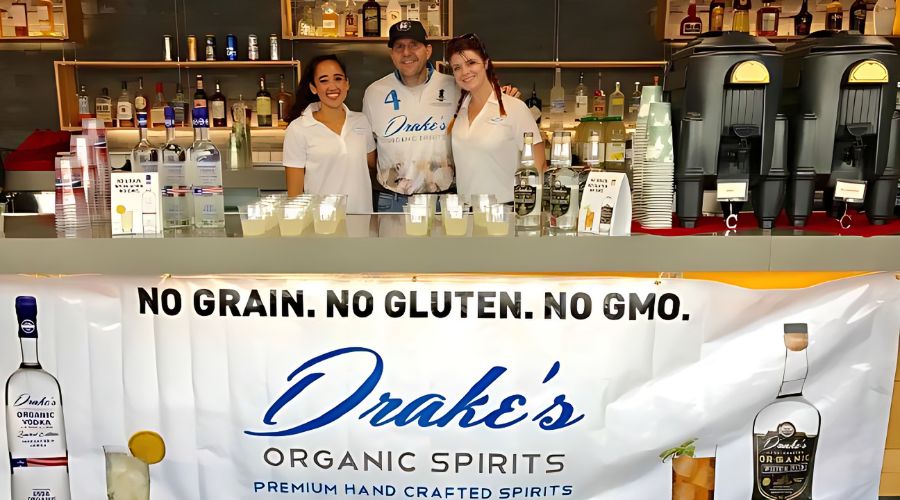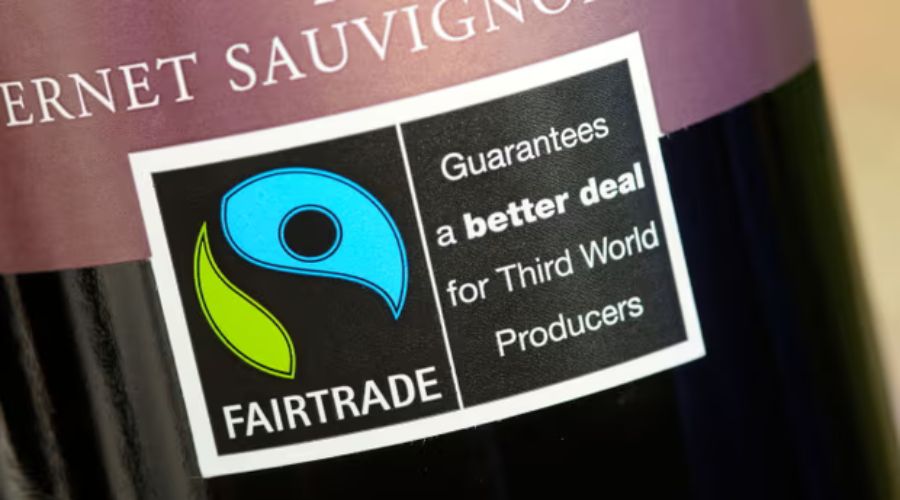Blog
Insights
7 Must Have Certifications For Bulk Wine and Spirits Suppliers

Essential certifications for bulk wine and spirits suppliers to ensure quality, safety, compliance, and market competitiveness.
In the highly competitive and regulated industry of bulk wine and spirits, obtaining the right certifications is essential for suppliers. These certifications ensure adherence to stringent quality and safety standards, enhancing credibility and market access. As consumers become increasingly discerning about product safety, ethical sourcing, and sustainability, certifications serve as a powerful tool for suppliers to differentiate themselves and build trust. Certifications not only demonstrate compliance with international regulations but also align with industry best practices, which is crucial for maintaining a strong reputation in the market. This article explores seven essential certifications that bulk wine and spirits suppliers should consider to maintain a competitive edge and ensure regulatory compliance. From food safety management systems like ISO 22000 and HACCP to ethical certifications such as Fair Trade, and product-specific certifications like Organic or Biodynamic, each certification plays a vital role in the supplier’s operational and marketing strategies.
ISO 22000: Food Safety Management
ISO 22000 is an international standard designed to ensure food safety throughout the supply chain. For bulk wine and spirits suppliers, this certification demonstrates a commitment to managing food safety hazards and ensuring product safety from production to consumption. Achieving ISO 22000 certification involves rigorous documentation, regular audits, and continuous improvement practices, making it a vital credential for suppliers aiming to maintain high safety standards and gain access to global markets.

Source: Sasma
HACCP: Hazard Analysis and Critical Control Points
HACCP is a systematic approach to identifying and controlling potential hazards in food production processes. This certification is particularly important for bulk wine and spirits suppliers as it focuses on preventing contamination and ensuring product integrity. Implementing HACCP involves analyzing potential risks, establishing critical control points, and monitoring procedures to maintain product safety. Suppliers with HACCP certification can demonstrate their proactive measures in maintaining the highest safety standards, which is crucial for regulatory compliance and customer trust.
BRC and IFS Certifications
The BRC and IFS standards are internationally recognized certifications for food quality and safety, essential for bulk wine and spirits suppliers. BRC (British Retail Consortium) certification qualifies suppliers for major supermarkets, providing guidelines for manufacturing safe food products. IFS (International Featured Standards) Food certification ensures that food production guarantees safety and wholesomeness. While both certifications share similar requirements, BRC is often preferred by large retail chains, whereas IFS is widely recognized in European markets, making it crucial to choose the appropriate certification based on target market needs.
Organic Certification
With increasing consumer demand for organic products, obtaining organic certification can be a significant advantage for bulk wine and spirits suppliers. This certification ensures that the products are produced following strict organic farming practices, without synthetic chemicals or GMOs. The process includes rigorous inspections and adherence to organic standards set by regulatory bodies. Suppliers with organic certification can attract health-conscious consumers and access niche markets, thereby enhancing their marketability and brand reputation.

Source: Got Rum?
ISO 9001: Quality Management Systems
ISO 9001 is a globally recognized standard for quality management systems (QMS). For bulk wine and spirits suppliers, this certification signifies a commitment to consistent quality and continuous improvement. Achieving ISO 9001 involves establishing a robust QMS, conducting regular internal audits, and demonstrating effective management practices. This certification helps suppliers enhance operational efficiency, meet customer expectations, and improve overall product quality, thereby gaining a competitive edge in the market.
Fair Trade Certification
Fair Trade Certification is essential for suppliers who are committed to ethical sourcing and fair labor practices. This certification ensures that the products are produced by fair trade standards, which include fair wages, safe working conditions, and sustainable environmental practices. For bulk wine and spirits suppliers, fair trade certification not only boosts the brand’s ethical image but also appeals to socially conscious consumers and partners who prioritize ethical sourcing in their purchasing decisions.

Source: The Guardian
REACH Regulation
REACH, an acronym for Registration, Evaluation, Authorisation, and Restriction of Chemicals, is a European Union regulation aimed at protecting human health and the environment from chemical risks. It mandates that manufacturers and importers register chemicals produced or imported in quantities over one tonne per year. REACH ensures that companies assess and manage risks posed by chemicals and provide safety information to users. This regulation is vital for bulk wine and spirits suppliers using chemical additives, ensuring compliance and safety in their production processes.
[[relatedPurchasesItems-62]]
For bulk wine and spirits suppliers, obtaining key certifications is crucial to ensuring product quality, safety, and marketability. These certifications not only demonstrate a commitment to industry standards and regulatory compliance but also enhance credibility and trust among consumers and partners. By investing in these certifications, suppliers can differentiate themselves in a competitive market, meet diverse consumer demands, and ultimately achieve sustained growth and success in the industry. As the market continues to evolve, staying updated with certification requirements and maintaining high standards will be essential for suppliers to thrive. These certifications are more than just a regulatory requirement; they represent a commitment to excellence and a strategic approach to building a reputable and trusted brand in the global marketplace. By prioritizing these certifications, bulk wine and spirits suppliers can not only ensure compliance but also foster long-term relationships with customers and partners, paving the way for future growth and innovation in the industry.
Header Image Source: Wine Family
If you're a bulk wine or bulk spirits supplier, contract bottler, or private label producer aiming to connect with serious trade buyers, IBWSS San Francisco is the event you can't afford to miss. Get a quotation or Book a exhibitor table.

